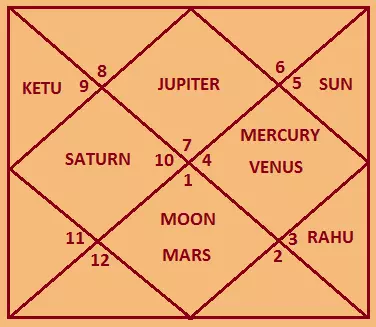I-Ching

Best Astrologer in India: - Dr.A.S.Kalra
I-Ching
I-Ching Astrology
Discover Timeless Wisdom Through the Book of Changes
What is I-Ching Astrology?
I-Ching Astrology is a powerful form of divination and self-understanding rooted in the ancient Chinese classic known as the I Ching, or the "Book of Changes." It integrates principles of Yin and Yang, Five Elements, and cosmic cycles to interpret life's patterns and guide personal decisions.
Unlike conventional astrology based on planetary positions, I-Ching Astrology focuses on time, energy flow, and the transformation of life circumstances through 64 hexagrams.
Core Principles of I-Ching Astrology
- Yin and Yang: The dynamic interplay of opposites — feminine/masculine, passive/active, dark/light
- Trigrams & Hexagrams: Sets of broken/unbroken lines used to symbolize energy patterns and life situations
- The 64 Hexagrams: Represent every possible state of transformation or experience in life
- Heavenly Stems & Earthly Branches: 10 and 12-part cycles used to map years, months, days, and hours
The Role of the I-Ching in Astrology
I-Ching Astrology maps a person’s birth information to one or more hexagrams that reflect their personality, challenges, karmic lessons, and evolutionary path. These hexagrams offer a blueprint of potential and cycles of change.
Through consulting the I Ching, one can receive guidance on:
- Life decisions and timing
- Spiritual growth and inner awareness
- Health and energy alignment
- Career, relationships, and personal purpose
Five Elements and Cosmic Timing
Similar to Chinese astrology, I-Ching Astrology uses the Five Elements — Wood, Fire, Earth, Metal, and Water — in conjunction with time cycles to assess the quality of specific moments and years. These elements describe personality dynamics and favorable/unfavorable periods.
| No. | Type of Astrology |
|---|---|
| 1 | Indian Vedic Astrology |
| 2 | Western Astrology |
| 3 | Palmistry |
| 4 | Numerology |
| 5 | Tarot Card Reading |
| 6 | Chinese Astrology |
| 7 | Tibetan Astrology |
| 8 | Kabbalah Astrology |
| 9 | I-Ching |
| 10 | Runes |
| 11 | Mayan Astrology |
| 12 | Horary Astrology |
| 13 | Electional Astrology |
| 14 | Financial Astrology |
| 15 | Medical Astrology |
| 16 | Coffee Cup Reading |


